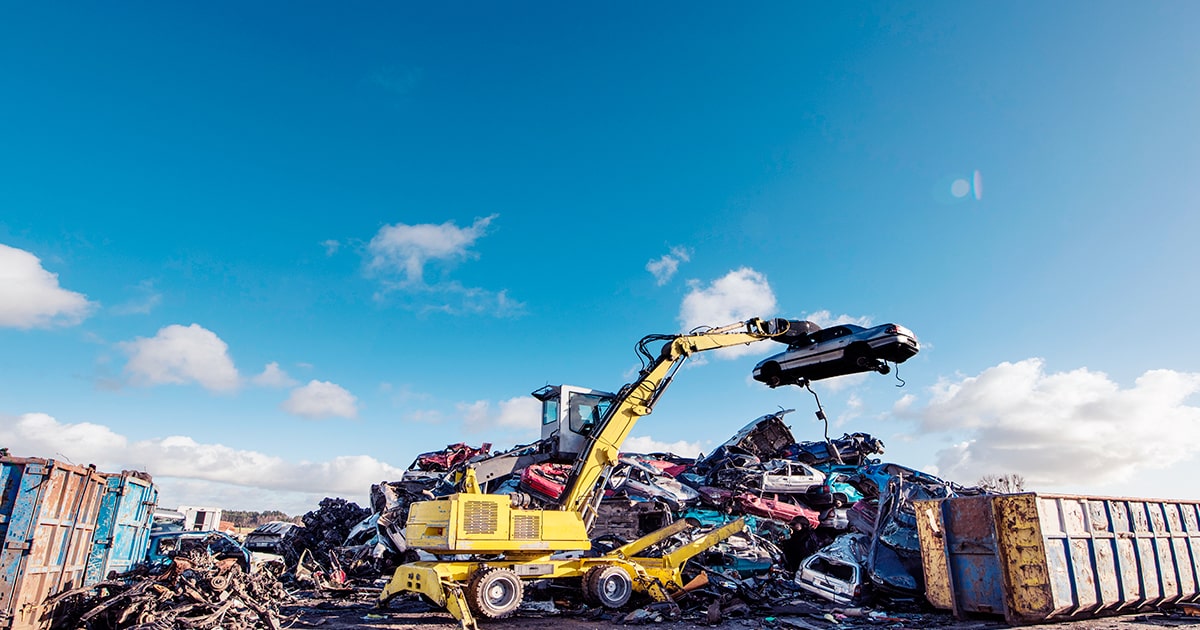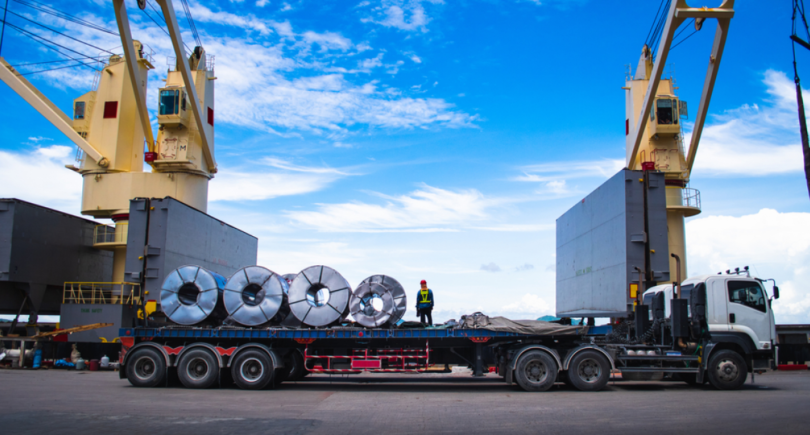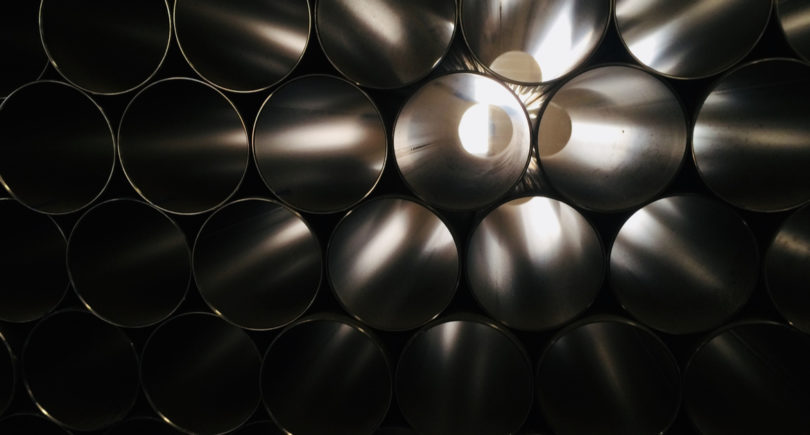
News Global Market scrap metal 966 19 July 2023
China stands out from the general trend, where the decrease in supply contributed to the increase in prices
Global scrap prices fell last week in the Turkish and US markets as purchases among Turkish steelmakers were almost non-existent amid macroeconomic concerns and weak steel sales. The American market depends on the events in Turkiye, since the main volumes of products are exported there. In China, the situation was the opposite – prices began to rise amid limited supply.

Prices for HMS 1/2 scrap in Turkey for the week of July 11-18, 2023, decreased by 5.3% compared to the previous week – to $355/t. Thus, since the beginning of the month, scrap quotations on the Turkish market have fallen by 6.6%, or $25/t.
Scrap prices in the Turkish market continue to stagnate as demand for raw materials remains close to zero. Steel plants refuse to buy scrap due to the increasingly difficult situation on the domestic steel market. The increase in VAT, as well as the excise tax on fuel, further aggravated the current problems. On the other hand, the devaluation of the lira continues. in particular, on July 19, the rate was 26.93 TRY/$1, while on July 14 it was at the level of 25.98 TRY/$1.
Last week, steelmakers did not conclude agreements for the purchase of scrap. Trading in raw materials has come to a halt as steel producers are unwilling to buy lots amid weak steel sales both domestically and in export markets. At the same time, future prospects are becoming increasingly blurred. The market predicts further tax increases, and some steelmakers fear that energy prices may jump in August.
As Turkiye’s steelmakers have halted purchases of raw materials amid shutdowns and capacity cuts, pressure on scrap prices is mounting. The corresponding situation also affects the markets of the EU and the USA. Currently, it is becoming increasingly difficult for European suppliers to maintain profitable price levels that will match the current shortage of raw materials, the strengthening of the euro and low collection rates.
A revival of demand may occur after the Central Bank of Turkiye announces new lending rates. At the same time, most market players do not expect a change in demand even after the decision on lending rates, but they believe that this will lead to an acceleration of the depreciation of the lira.
Among the main problems for steelmakers at the moment are weak sales of steel and the further deterioration of the competitiveness of Turkish products on international markets.
On USA market on July 7-14, scrap prices decreased slightly compared to the previous week – by 0.8%, to $357/t. At the same time, the forecast price for July 21 is $345-348/t.
Market sentiment and pricing are adversely affected by events in Turkiye, a major export market for American suppliers. Low sales of steel are also noted.
Market participants’ expectations for August trading diverge after weak sales in July. In general, suppliers believe that the downward trend will reverse, but some of them believe that this will be hindered by weak demand in Turkiye.
In China for the week of July 11-18 scrap prices increased by 1.5% compared to the previous week – up to $396/t. China’s scrap prices rebounded on tight raw material supply, although the market was down a week earlier.
Rising prices on the steel market also contributed to the increase in raw material prices. In addition, restrictions imposed on industrial plants in parts of eastern China to improve air quality temporarily halted the operation of scrap collection bases. This led to a sharp reduction in scrap supplies to steel enterprises.
As GMK Center reported earlier, Ukraine in January-May 2023 increased the export of scrap by 3.1 times per year – up to 77.5 thousand tons. Scrap production decreased by 33.5% y/y – to 444.3 thousand tons. Scrap supplies to Ukrainian steel plants decreased by 44.3% y/y – to 345.7 thousand tons.




